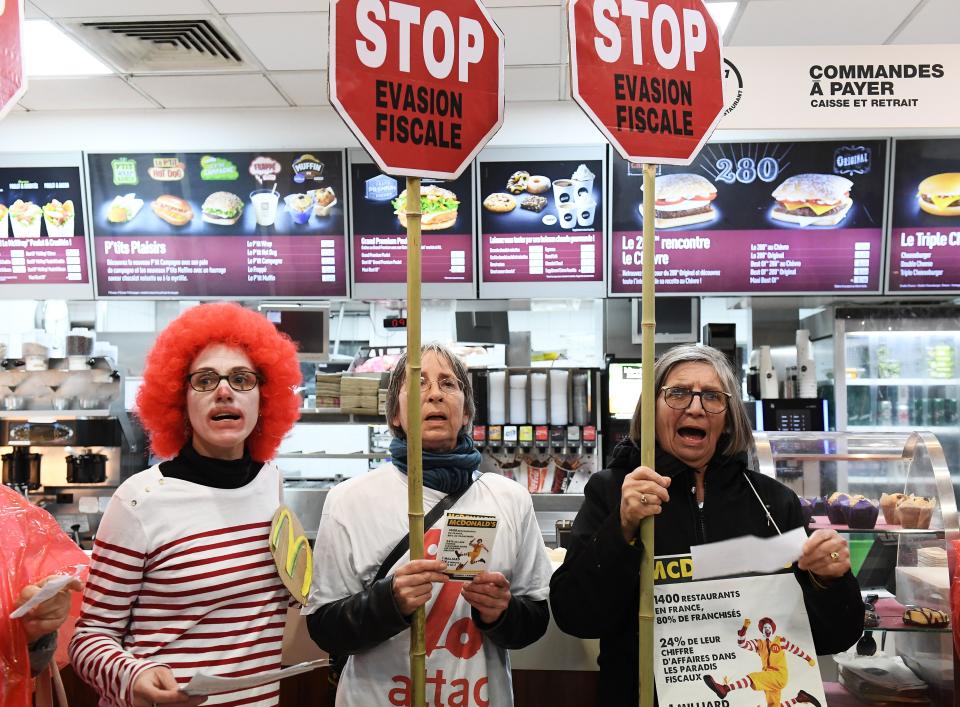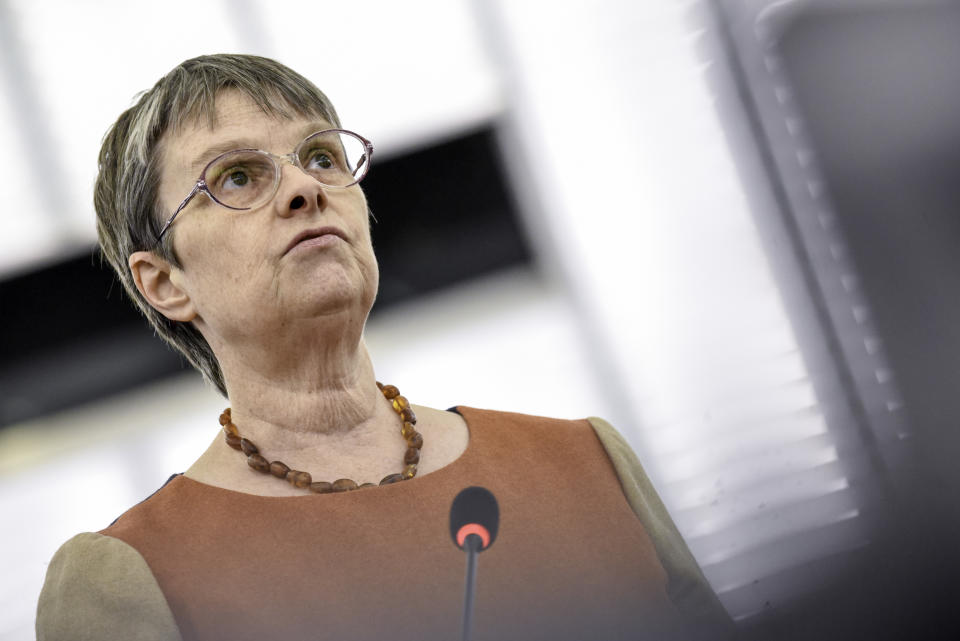McDonald's post-Brexit move to the UK sparks tax evasion fears

McDonald’s decision to relocate to the UK shortly after Brexit could be a bid to avoid EU scrutiny of its tax practices, a new report suggests.
The fast food giant announced in December that was moving its non-US operations from Luxembourg to the UK, saying the decision was motivated by the “significant number of staff based in London working on our international business.”
But trade unions have linked the move to an ongoing investigation into the company’s tax arrangements by the European Commission.
The Commission launched a probe in 2015 into whether McDonald’s European arm had been given “advantageous tax treatment” by Luxembourg which breached EU state aid rules.
Luxembourg authorities ruled McDonald’s Europe Franchsing did not have to pay tax in the country despite being aware the company was not eligible to pay tax in the US.
It meant the company had “virtually not paid any corporate tax in Luxembourg nor in the US on its profits since 2009”, according to the Commission’s preliminary findings.
Their investigation was triggered by a trade union report which exposed “deliberate avoidance” of over €1bn in tax between 2009 and 2013.
McDonald’s insists it has changed since then, paying more than €3bn worth of tax of corporate taxes in the EU at an average rate of over 28% between 2013 and 2017.
“McDonald’s pays all the tax owed in each market where we operate,” the company said in a statement today.
But an updated investigation by the unions – EPSU, EFFAT from the EU and SEIU from the US – says the company has responded to the investigation of their tax affairs by creating a more complex corporate structure that makes scrutiny of its accounts impossible.

As well as relocating its tax base to London, the company has moved its headquarters to a US state with limited disclosure requirements and created a range of subsidiary companies in both the UK and tax havens like the Cayman Islands.
“This new corporate structure effectively inhibits public scrutiny, as many of the new entities have no or minimal required public financial disclosures, including of taxes owed and paid,” says the new report.
“Further, McDonald’s particular decision to relocate to the U.K. after that country voted in a referendum to leave the European Union raises the possibility of McDonald’s structuring its intellectual property holdings to minimize any oversight by the European Commission.”
The European Parliament’s Green/EFA group said the report is a “warning that the UK could become the biggest tax haven near the EU after Brexit.”
That is a possibility that has been troubling the EU’s Brexit task force.
A document they published in February said the UK is “likely to use tax to gain competitiveness” and admitted that there are “very limited legal/political restrictions to prevent this.”
It identified the UK’s low corporate tax rate and “large number of offshore entities” as concerns.
Green MEP Molly Scott Cato said McDonald’s “pivot towards the UK and its offshore tax havens is a worrying sign.”
She said the EU should “use Brexit as an opportunity to crack down on the worst post-colonial excesses of the UK’s tax framework rather than allowing it to be used to weaken Europe’s tax regime.”
In response to claims about their move to London, a McDonald’s spokesperson said: “This change aligned our corporate structure with our new functional structure which is no longer in geographies, but in segments that group together countries with common market and growth characteristics.”

 Yahoo Finance
Yahoo Finance 